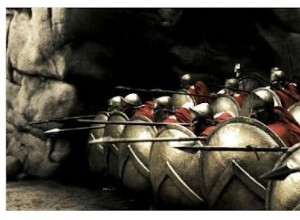Question 01 - CEFET-MG - 2018 - Integrated Technician - Military education was part of an entire teaching structure that aimed to form the “new man” through an integral education that involved the psychological, physical and social aspects. At the beginning of the government, physical education cla




